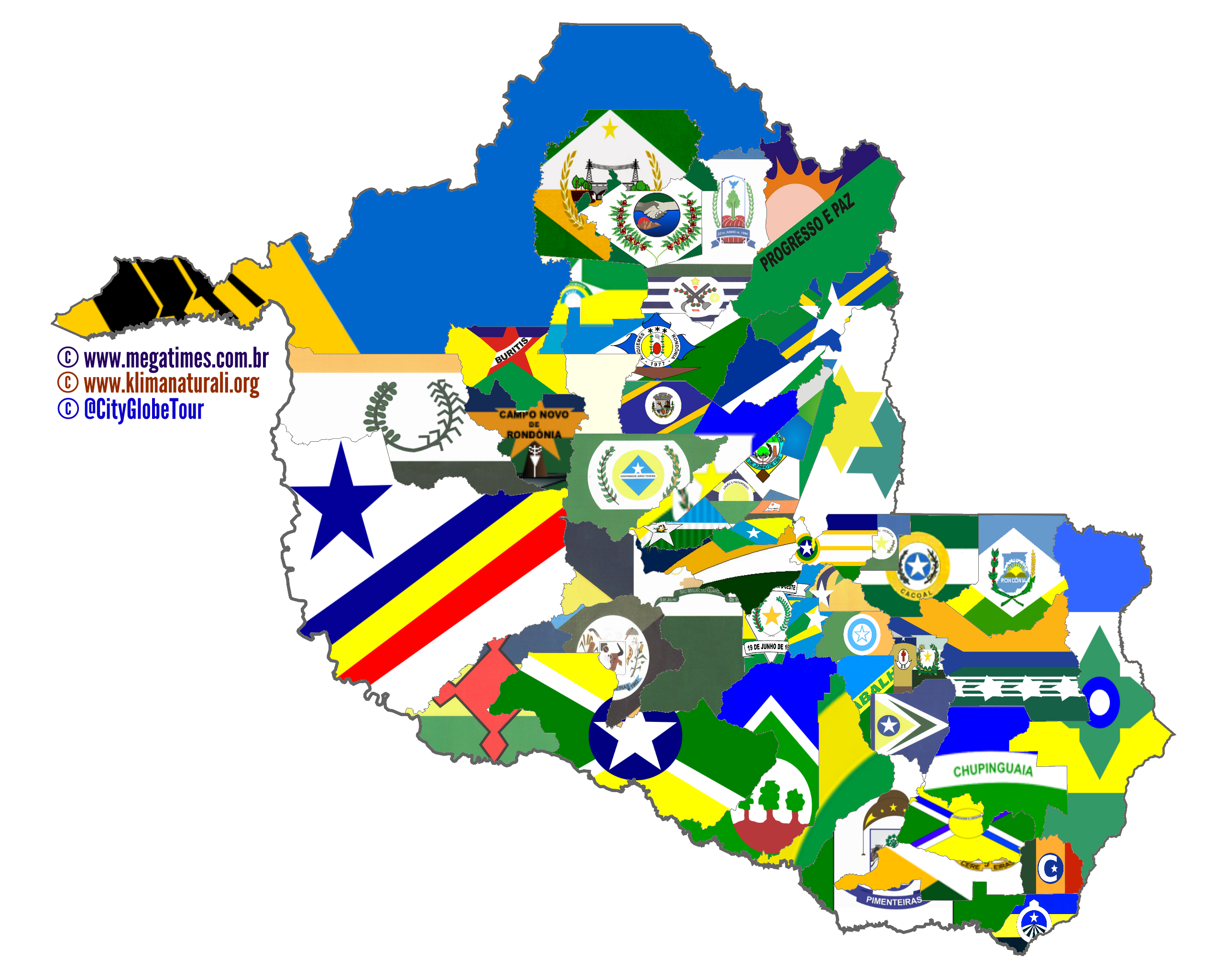Rondônia State | Brazil
Rondônia is a state located in the northern region of the Amazon in Brazil. It was created in 1981 from the division of the states of Amazonas and Mato Grosso. The economy of the state is mainly based on agriculture, cattle breeding, and mining. The population is mainly composed of indigenous people, farmers, and migrants from other Brazilian states. The capital and largest city is Porto Velho. The state is known for its ecological diversity and indigenous culture.
The history of Rondônia is marked by a series of invasions and conflicts over land, both by settlers and indigenous people. The region was initially occupied by indigenous peoples, such as the Karitiana, Terena, Surui and Macuxi, who lived in villages and practiced swidden agriculture and hunting. In the late 19th century, the region was targeted for logging and gold mining, attracting migrants from other Brazilian states and foreigners.
In 1943, the federal territory of Guaporé was created, which later became Rondônia. The creation of the territory was marked by conflicts between indigenous people and settlers, with many indigenous people being expelled from their lands and many others being killed.
In the 1970s, the Brazilian government launched the National Integration Project (PIN), which aimed to develop the Amazon region and attract settlers to the region. This led to a significant increase in the population of Rondônia and the deforestation of large areas of forest. The project was one of the factors responsible for the significant increase in deforestation in the region, along with the expansion of agriculture and logging.
Currently, Rondônia is one of the most deforested states in Brazil, with about 40% of its original forest already deforested. The region also faces environmental challenges such as soil degradation, erosion, loss of biodiversity, and air and water pollution. Environmental degradation has been a growing problem in the region, with negative impacts on the quality of life of local inhabitants and biodiversity conservation.
The culture of Rondônia is rich and diverse, with influences from indigenous, African and European cultures.

